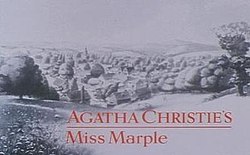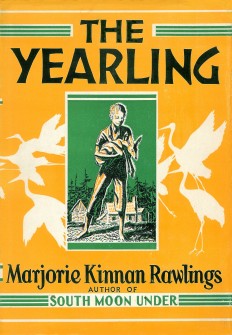Literature and Poetry
 A Slightly Malicious Poetry Puzzle Perhaps Intended to Confuse and Mystify
A Slightly Malicious Poetry Puzzle Perhaps Intended to Confuse and Mystify
Joan L. Cannon writes: Most people read poetry (if they read it at all) for the pleasure of it. I get very irritable when the author makes that impossible on purpose — very much like the 'modern' artists and composers who seem not to care a whit if their production is pure fraud. Of course, they get a way with it a lot because no one can figure out how to prove it's bogus. more »
 Culture Watch. A The Art of Mystery Writing: What’s in a Series? The Latest Books of Andrea Camilleri, Linda Fairstein, Robert Galbraith (J. K. Rowling), Donna Leon and Louise Penny
Culture Watch. A The Art of Mystery Writing: What’s in a Series? The Latest Books of Andrea Camilleri, Linda Fairstein, Robert Galbraith (J. K. Rowling), Donna Leon and Louise Penny
Jill Norgren Reviews: Why do mystery writers create a series? Obviously, the pleasure of developing characters over time has appeal as well as the opportunity to explore varying issues within an established framework. Doting fans and good money also speak to the attractiveness of the genre. On the other side of the table sit the readers. What is the pull of a series for them, and does a series ever lose its allure? more »
 Pets, Pleasures, a Black and White Great Dane and a Kleenex Cat
Pets, Pleasures, a Black and White Great Dane and a Kleenex Cat
Joan L. Cannon writes: I’ll always be grateful that I married a man whose leaning towards the critters was as pronounced as mine. We had space in the country for the eleven cats, ten dogs, and three horses along with guinea pigs, canaries, and other livestock. Our oversized Manx cat always tried to fit into the oval opening of a new box of Kleenex. Of course, his name was Cassius (Clay), Mohammed Ali Cat. more »
 For Weekends, the Dark of Night and Beyond: Project Gutenberg's Best Books Ever Listings
For Weekends, the Dark of Night and Beyond: Project Gutenberg's Best Books Ever Listings
In mid-2014, Project Gutenberg volunteers undertook a significant revitalization of their bookshelves. These are groupings of eBooks on particular topics, or in particular genres, or otherwise having something in common. This can be a great way to discover books you were unaware of, and it is also an efficient way of finding some of the collection of particular interest. And, we recommend a book on bookshelves themselves .. "they now growing numerous, and lying one upon another on my chairs ... Samuel Pepys, 1666" more »







